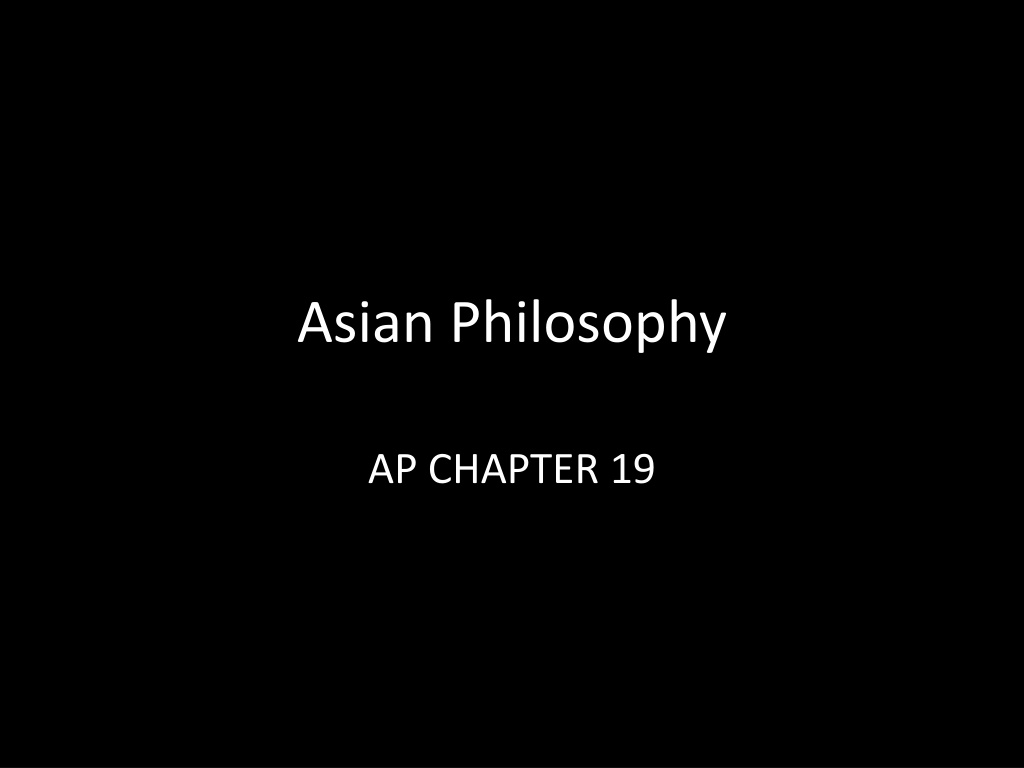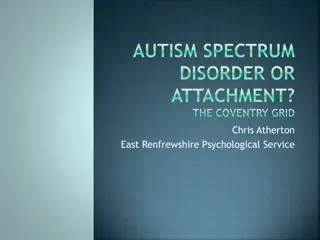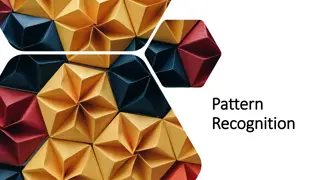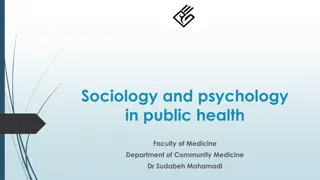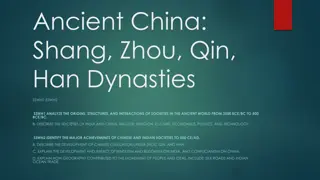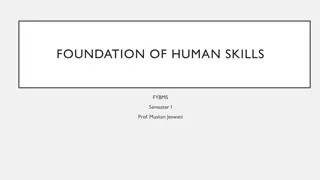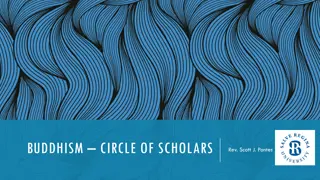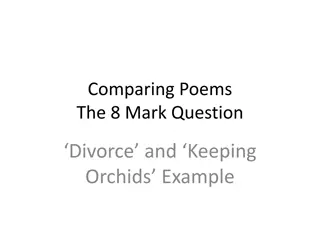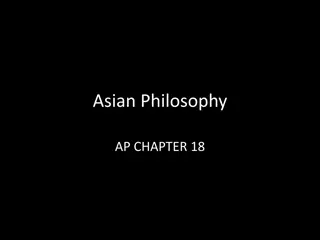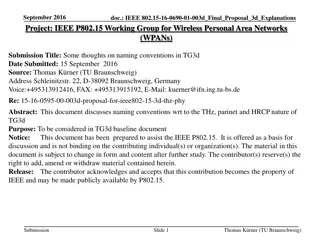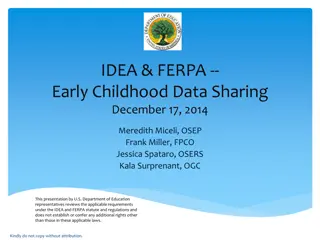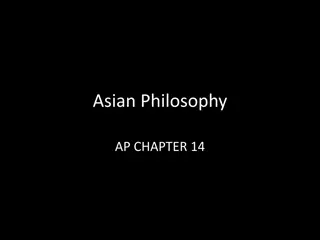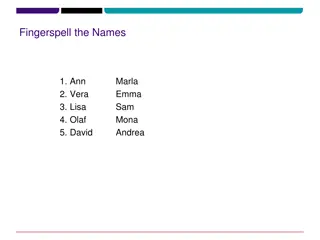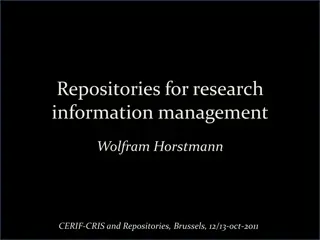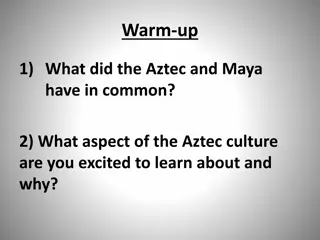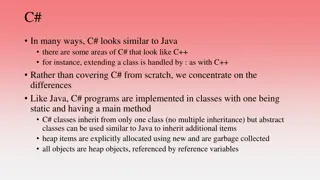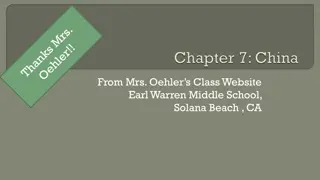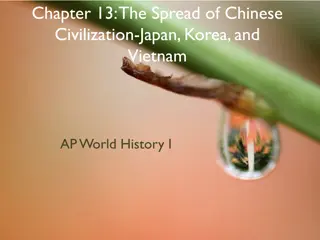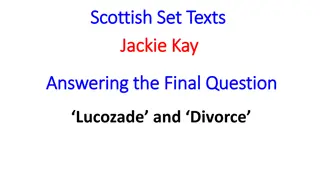Insights into Zhuangzis Daoism: Commonalities and Differences
Explore the intriguing similarities and disparities between Zhuangzi and Laozi in their philosophical views on the Dao. Delve into the concept of the Dao as an undifferentiated whole, the perspectival nature of knowledge according to Zhuangzi, and freedom from the fear of suffering. Uncover how Zhuangzi emphasizes embracing change and living life to the fullest while contrasting Laozi's focus on political discourse. Gain a deeper understanding of Daoist philosophy through these thought-provoking perspectives.
Download Presentation

Please find below an Image/Link to download the presentation.
The content on the website is provided AS IS for your information and personal use only. It may not be sold, licensed, or shared on other websites without obtaining consent from the author. Download presentation by click this link. If you encounter any issues during the download, it is possible that the publisher has removed the file from their server.
E N D
Presentation Transcript
Asian Philosophy AP CHAPTER 19
Zhuangzis Daoism Zhuangzi, next to Laozi, is the other main text in the Daoist philosophical tradition. Just as the Laozi is attributed to Laozi, the Zhuangzi is attributed to Zhuangzi. Zhuangzi is said to have lived from 369-286 BCE. It is likely that Zhuangzi only wrote the seven inner chapters of the thirty three chapter masterpiece work.
Commonalities between Zhuangzi and Laozi Both philosophers hold that the Dao is (i) An undifferentiated whole. (ii) Self-subsisting. (iii) Boundless. (iv) Great. (v) Invisible. (vi) Inaudible. (vii)The origin of all things. (viii) The unifying power of all things.
Differences between Zhuangzi and Laozi Laozi: Zhuangzi: Time is infinite in the future direction, but finite in the past direction. Time is infinite in both directions. No focus on political discourse. Only focused on how the individual can live with the Dao. Political advice is frequent and common. No focus on the mysterious, only focused on the here and now. Mysteriousness: there is something mysterious about the Dao. Living life to the fullest. Preservation of life. Creativity is important. For example, art is important for understanding the Dao and living life well. Creativity is not important.
Zhuangzi on the Dao The Dao is: The totality of the self-transforming processes that make up the world. Transformation is inevitable in our world. The question becomes: what are you to do and not to do in light of the constant transformation of all things? The answer is that we should not resist change. We need to change our emotional responses to what happens?
Zhuangzi on Freedom from the Fear of Suffering We can free ourselves from suffering by (i) Broadening our perspective. (ii) Opening our minds. (iii) Freeing ourselves from the limitations of our own conditionings and circumstances. The idea is that we need to focus on the ever changing nature of reality and to adjust our emotional responses to the changing nature of reality. We should not use instrumental mentality nor seek to fulfill our socially prescribed roles.
Zhuangzi on The Perspectival Nature of Ordinary Knowledge Zhuangzi holds that ordinary knowledge is not the highest form of knowledge. 1. All knowledge comes under an aspect. 2. An entity can be known under many aspects. 3. When an entity is known through multiple aspects, it is revealed to one that knowledge is aspectual. By sorting through the various aspects that we can know things under we can come to increase our understanding of a thing and broaden our outlook.
Zhuangzi on Ordinary Knowledge 1. Knowledge that comes under an aspect is limited. 2. Ordinary knowledge comes under an aspect. 3. So, ordinary knowledge is limited. The pivot of the Dao point of view occurs when knows things through multiple points of view without seeing them as opposites. The key is to look at all things in light of nature. Capturing the pivot is like standing in the center around which all things change.
Zhuangzi on the Instrumental Mind Zhuangzi says that even though the Dao is unknowable we can find happiness only by leaving behind the instrumental mind. The instrumental mind is the mind of a person that is caused by pre conceived categories of how things must be and conceptual distinctions. The instrumental mind blocks a person from being able to free themselves and be open minded. To creatively engage the spontaneity of transformation is to leave behind the instrumental mind that binds us to a set way of thinking of things. Authentic being comes from merging with the Dao.
Zhuangzis Arguments Against Conventional Knowledge 1. The Relativity of Distinctions. 2. The Complementariness of Opposites. 3. The Perspectives. 4. General Skepticism.
Argument from the Relativity of Distinctions I 1. Judgments about values and matters of taste are subjective. 2. What is subjective is relative. 3. So, judgments of value and matters of taste are relative. Critical Questions: Are all judgments of values and matters of taste subjective? Why is it true that what is subjective is relative? Does the fact that we use language to label things make things subjective or relative?
Argument from the Relativity of Distinctions II 1. If I know something, then I know that I know it. 2. I don t know that what I believe to know is really knowledge. 3. So, I don t know at all. Critical Questions: Is it true that if one knows something they must know that they know it. How is that I can be skeptical about what I claim to know?
Argument from Complementariness of Opposites 1. Every concept implies its negation. 2. Without the negation of a concept, a given concept cannot exist. 3. So, opposites are complements. 4. So, affirmation and negation are just different ways of looking at the same thing. Critical Questions: Are there any examples of concepts that don t imply their negation? What does it mean to say that a concept implies its negation? Do all concepts presuppose the ability to discriminate between things?
Argument from Perspectives 1. Two people can have distinct perspectives on a given object at the same time. 2. A single person can have distinct perspectives on a given object over time. 3. If a creature has different senses from those of a human, it will perceive things differently from how a human would. Question: which appearance is the correct appearance? Zhuangzi: each thing is what it is, and not something else. What it is is independent of how it appears.
Zhuangzi Dreams He is a Butterfly Last night Zhuang Chou [Zhuangzi] dreamed he was a butterfly, spirits soaring he was a butterfly (is it that in showing what he was he suited his own fancy?), and did not know about Chou. When all of a sudden he awoke, he was Chou with all his wits about him. He does not know whether he is Chou who dreams he is a butterfly or a butterfly that dreams he is Chou. Critical Question: How can one determine that they are what they think they are, and not something else dreaming what they think they are? Zhuangzi: Locked within our own instrumental minds we cannot know what a thing is in itself.
Argument from Skepticism Skepticism = we cannot really ever know anything? 1. Skeptical question: Is that really so? 2. The skeptical question can never really be answered. 3. So, skepticism is true. Critical Questions: Why can the skeptical question never be answered? If skepticism is true, don t we know that skepticism is true?
Zhuangzi on Skepticism Zhuangzi s skepticism is grounded in the insight that: There is no indubitable criterion that we can appeal to when attempting to prove something. The skepticism rests on the idea that to claim to know something in part depends on assuming that something is unquestionable.
Zhuangzi on Skepticism Zhuangzi s skepticism is grounded in the insight that: There is no indubitable criterion that we can appeal to when attempting to prove something. The skepticism rests on the idea that to claim to know something in part depends on assuming that something is unquestionable.
Zhuangzi on Rejecting the Ordinary World Often advocating skepticism is taken to involve discussion of whether the ordinary world we know is to be rejected. Often recognizing the limitations of our cognitive framework goes along with the adoption of a transcendent point of view. Zhuangzi does not take either skepticism or the limitations of our cognitive framework to require that we should give up on the ordinary world.
Zhuangzi on the Artistry of Life Zhuangzi advocates: (i) Embracing a change in perspective. (ii) The possibility of self-transformation. (iii) Striving for the best possible life one can lead in this world. (iv) Producing artistry in sculpting out meaning in one s life. (v) Practicing discipline in carrying out life projects.
Zhuangzi on the Artistry of Life Zhuangzi: Artistry in life requires taking what is present and artfully engaging it. All mundane activities that we perform can be artfully done. Art brings to life that which is mundane. Artistry leads to authenticity.
